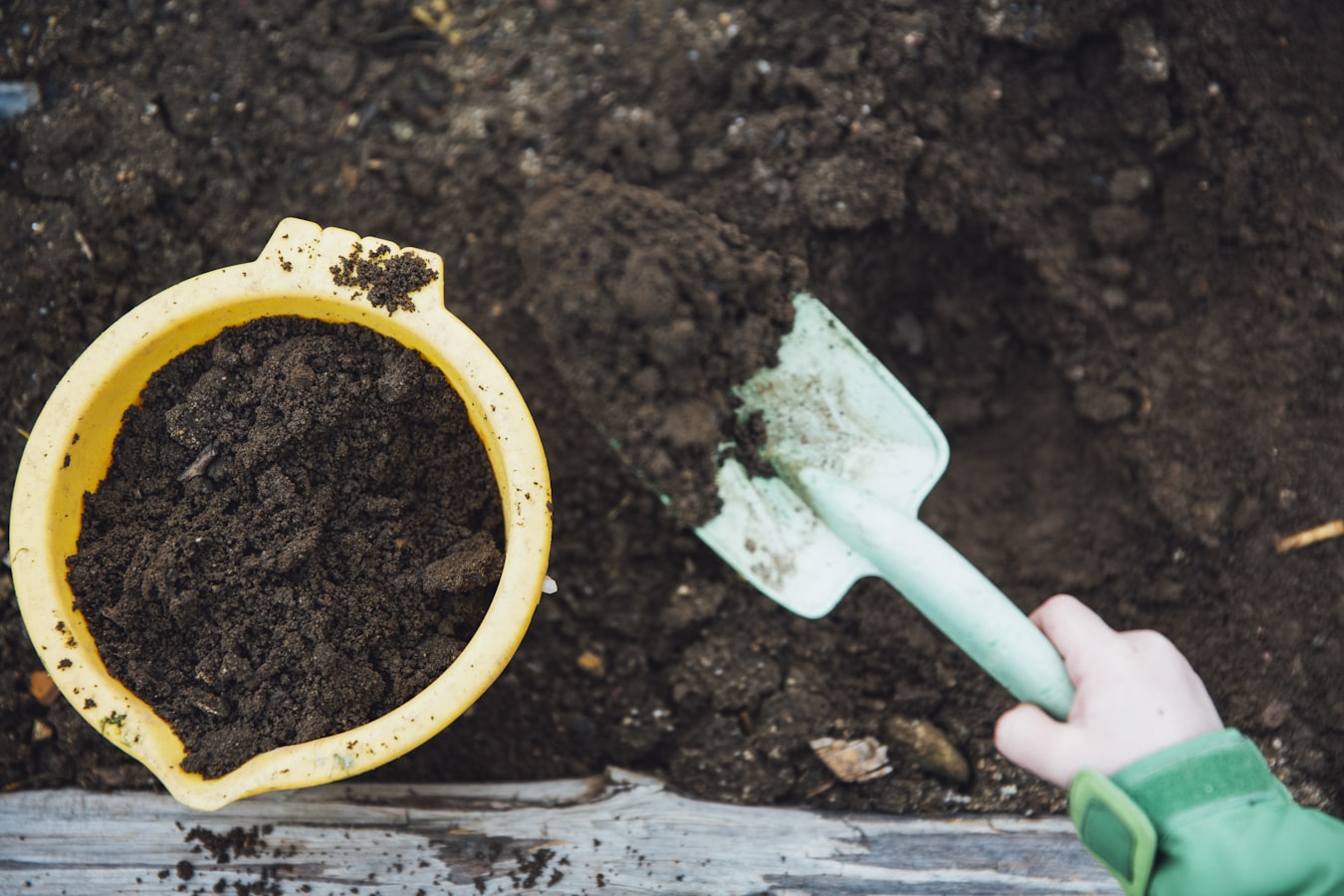Composting 101
Wednesday, December 9, 2020 16:33:05 PM America/Los_Angeles
You might’ve seen products labeled as compostable popping up on shelves lately and wondered what exactly that means or how you would go about doing it. Many companies proudly boast composability as a benefit of the product you’re purchasing, but what are the benefits of composting? In this post, we’ll discuss the basics of how to compost, its uses and its benefits, and give you composting tips.
Photo by Markus Spiske
What is composting?
Composting is a process where microbial (bacterial and fungal) decomposition breaks down certain organic matter into nutrient rich matter. It works through a simple equation: browns + greens + water = compost. Start with equal parts of each. If it’s not turning out how you expected, just adjust the materials in your compost bin. If the compost is wet and slimy, there’s too much water and browns (twigs, dead leaves, etc.) should be added. If the compost looks like a pile of dead leaves, there’s not enough water. Water doesn’t necessarily have to be the stuff you drink. It can also be liquid or moisture from fruits and veggies, for example.
The Benefits of Composting
If you have plants, one of the most popular compost uses is as a free alternative to buying expensive fertilizers or enriched soils. It also makes use of food waste--a critical issue that continues to affect landfills.
Composting keeps compostable materials out of our overwhelmed landfills, where they would release methane. Methane that is released into the atmosphere before it is burned is a greenhouse gas that is harmful to our environment.
What can I compost?Some commonly compostable items are:
- Fruit, vegetables, and their peels
- Coffee grinds
- Tea leaves and paper tea bags
- Eggshells
- Leaves and small twigs
- Bark and mulch
- Shredded or torn brown paper bags
- Cooked plain rice and pasta
- Dairy products
- Meat or fish scraps and bones
- Pet waste
- Yard trimmings that have been treated with pesticides
Remember, even though compost doesn’t look like much, it is what you will use to nourish your plants--potentially including plants or trees that will produce the food you will eat.
Now what?
Great! You’ve got your compost pile going and have learned how it all works, but what do you do with the compost once it’s turned into rich crumbly matter? Compost is a wonderfully rich source of nutrients for plants. It’s primarily used as potting mix, mulch, or soil conditioner. Or, you can simply toss it out. It may sound crazy to toss out something that you’ve spent so much time and effort creating, but what you’ve actually done is produced matter that will no longer release harmful methane gasses if taken to a landfill. We can’t say it will reduce the amount of waste, but one of the benefits of composting is that there will be less greenhouse gasses emitted and the matter will decompose much more quickly--all thanks to your hard work!
Bark Potty partners with 1% for the Planet to donate 1% of our sales to One Tree Planted. 1% for the Planet is a network of businesses that have committed to taking responsibility for the environmental impacts of their various industries. 1% for the Planet encourages businesses to practice corporate responsibility by facilitating donations to grassroots environmental organizations such as One Tree Planted. Each Bark Potty purchase you make further supports our collective efforts to reduce the ecological footprint that humans have left on the environment!
